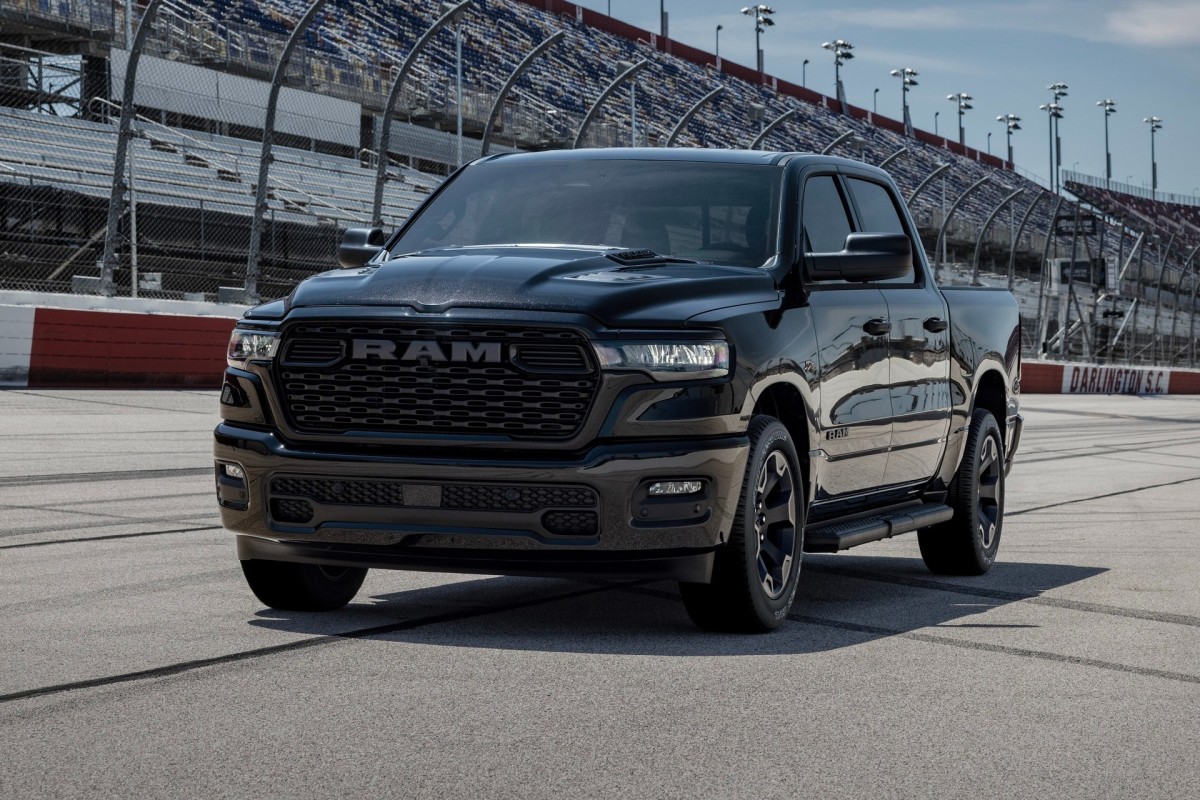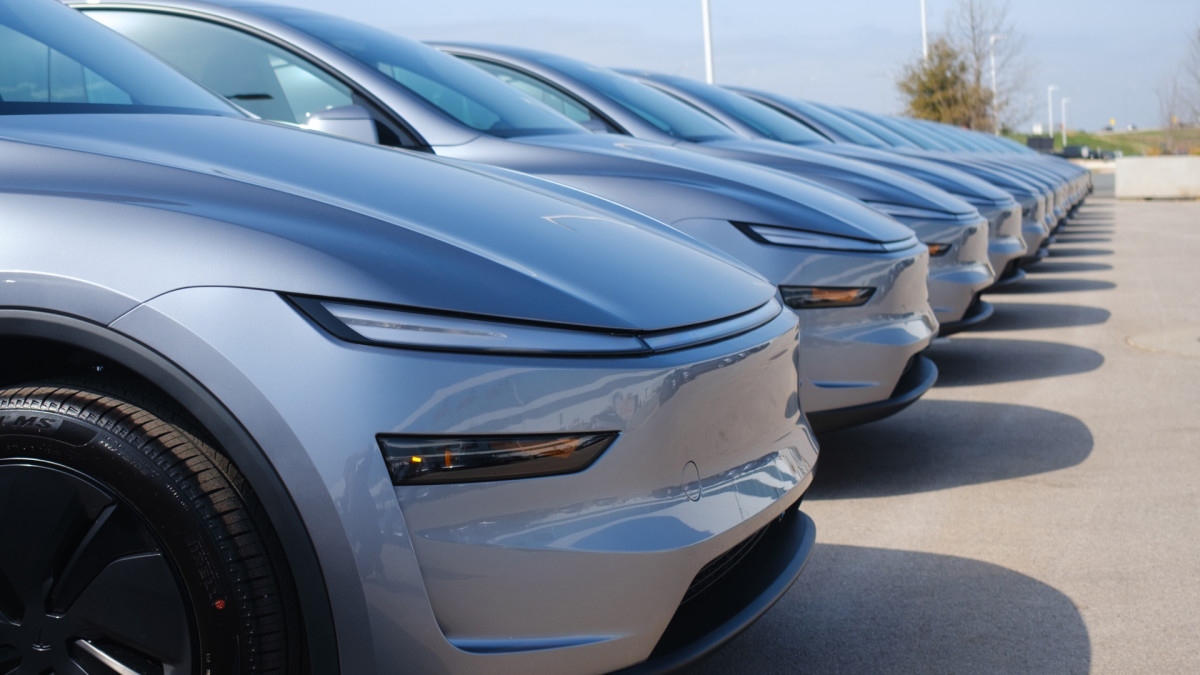Trump Administration Removes Consequences For Excessive Pollution
Automakers will not face fines for failing to fuel efficiency targets set by federal emissions rules dating back to the 2022 model year, the National Highway Traffic Safety Administration (NHTSA) said in a letter to car companies first seen by Reuters. It’s the latest of a series of policy changes to encourage sales of gasoline vehicles.
Penalties have been in place to ensure compliance with Corporate Average Fuel Economy (CAFE) standards, the fleet-weighted targets for efficiency automakers must meet, since the first round of emissions standards were enacted in 1975. But the massive spending bill championed by President Donald Trump, which he signed into law earlier this month, removes penalties.
A Gift To (Some) Automakers
RAM
With the spending law now in place, the NHTSA has confirmed that the no-penalty policy applies to the most recent round of fuel-economy standards. That could save the major U.S. automakers—whose lineups emphasize big trucks and SUVs over more efficient small cars and EVs—a lot of money.
Last year, Stellantis paid $190.7 million in civil penalties for failing to meet fuel-economy targets for 2019 and 2020, and nearly $400 million for 2016 through 2019, Reuters noted. General Motors previously paid $128.2 million in penalties for 2016 and 2017. With no threat of penalties, automakers also have less incentive to buy compliance credits from other firms.
These credits, which can be accumulated and sold by automakers that exceed emissions targets, have been a major revenue source for Tesla, which sells only electric vehicles and thus has plenty to spare. Tesla said last year that it received $2.8 billion in global revenue from regulatory credits, Reuters noted.
Tipping The Scales Toward Internal Combustion
Tesla
This is one of several moves by the Trump Administration to discourage automakers from selling electric vehicles. The same spending bill that eliminated emissions penalties also axed the federal tax credit for new and used EVs. The credit of up to $7,500 for new EVs and $4,000 for used EVs is set to expire September 30.
Trump has also sought to slow down distribution of funds for public EV chargers allocated under the Biden Administration’s infrastructure law, and is attempting to halt use of electric vehicles by government agencies. The reversal of policies put in place just a few years earlier, combined with tariff threats that are playing havoc with automaker supply chains, are creating an unstable environment that, in some cases, undermines the business case for EV and battery factories in the red states that elected Trump.